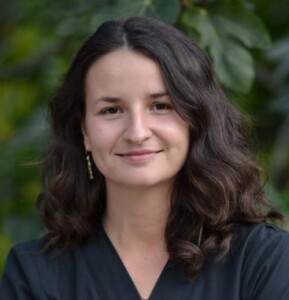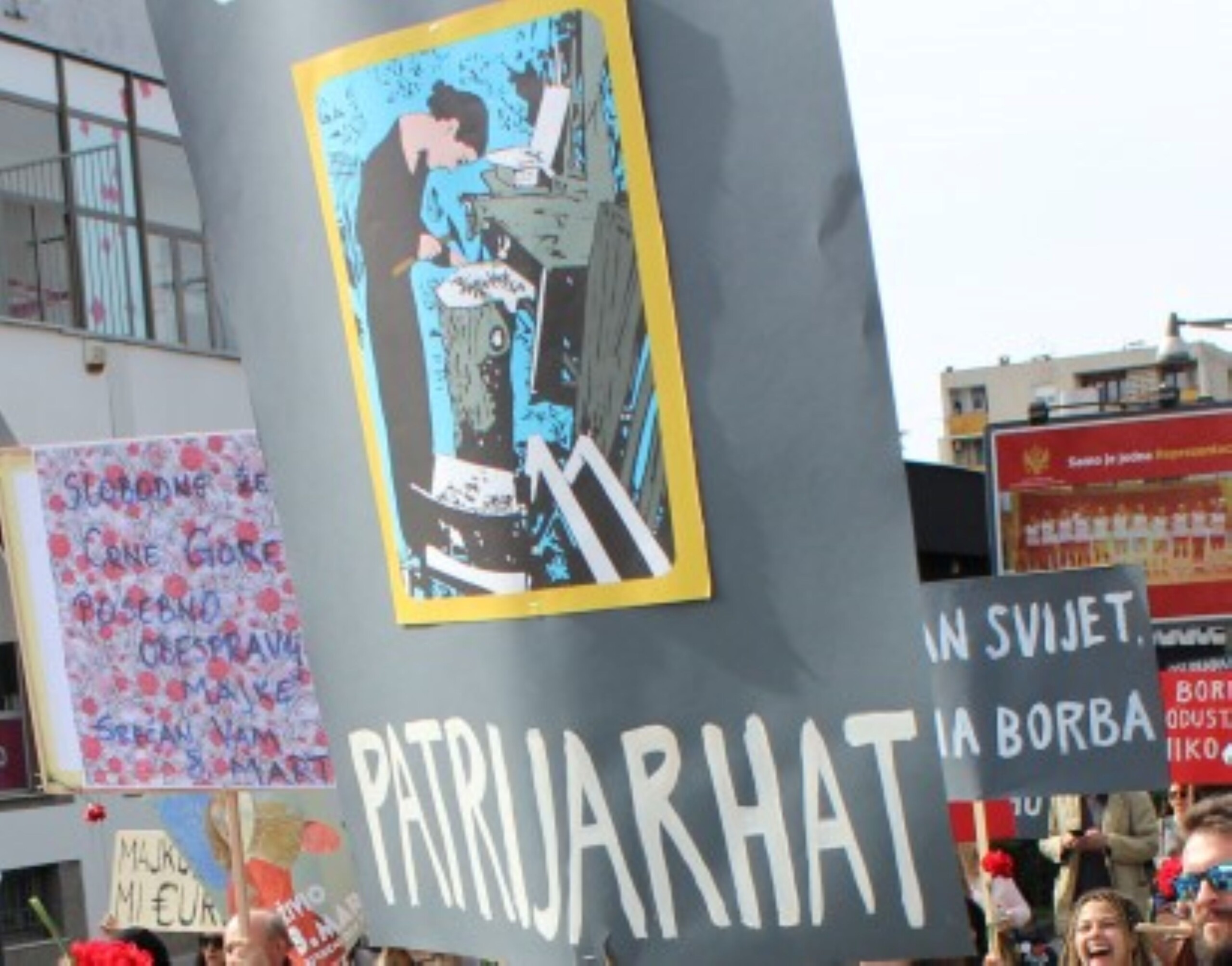My Facebook feed has been overwhelmed by ecstatic posts by both men and women in response to the US electing its first female Vice President. Soon thereafter Bosnia and Herzegovina elected only three women into office in the Local elections, while political parties had 396 male candidates and only 29 women.

Writen by: Azra Dizdar
Worldwide gender equality will not be achieved in the next 99,5 years. That means that none of us will live to see gender equality in action, and most likely nor will our children. These results come from the Gender Gap Report of the World Economic Forum for 2020.
While reading the study I could hear the words of my grandma Jasmina, a proud yet caring woman from Herzegovina: “Zaka, whatever you do in life, you must earn your own bread and butter”. Metaphorically, grandma’s “earning your own bread and butter” was an instruction to prioritise being a financially independent woman, so I can be truly free and able to run my own life. So I can have the freedom to choose.
Zaka is a nickname she gave me, and I’ve had it for 28 years – for just as long, I’ve carried her legacy and advice, eager to act on it. The fact is that the reality of life and the area of work I am in, most closely related to achieving gender equality, often contradict her words. I remembered them when I was reading about SOS lines of Safe women’s houses which lit up during “lockdown”. Women’s economic dependence is often the reason women, victims of domestic violence, cannot leave their abusive relationships.
A study by the Westminster Democracy Foundation shows that the most common reason for youth emigration from BiH is the lack of work opportunities, and it is clear that being financially independent is not only a matter of personal choice.
Still, while reading about the increase in domestic violence for months, I thought that I would still be more able to leave if I were in a similar situation, as I am financially independent. Grandma’s words resonated even more.
Women’s right to work has not been “gifted” to us – we fought for it, in the same way that we fought for the right to vote, so I consider grandma’s “bread and butter” to be a symbol of the wider fight for gender equality.
My Facebook feed has been overwhelmed by ecstatic posts by both men and women in response to the US electing its first female Vice President. Soon thereafter Bosnia and Herzegovina elected only three women into office in the Local elections, while political parties had 396 male candidates and only 29 women. Why are we happy to see Kamala Harris in her position, yet do not trust the women of our vicinity?
I work with a number of BiH female politicians on a daily basis. I would like to see many of them in positions of power not because they are women, but because I believe they would be excellent prime ministers and stateswomen. I’m often asked the question – why would someone vote for a woman just because she’s a woman? My answer is always: you shouldn’t, but you also shouldn’t not vote for her just because she is a woman.
There is countless research and many practical examples that speak in favour of female leadership. I will not list them here in order to defend the position of the female politician in BiH society. But it is our duty to understand that our societies can only progress when women are given the same opportunities as men. Maybe we are not aware of this when we decide not to vote for a women because of her gender, but in doing so we are excluding 51% of the BiH population.
Azra Dizdar, Consultant at the International institute for strategic studies. SOAS University of London Graduate, specialised in youth, peace and security. Violinist.



Leave A Comment